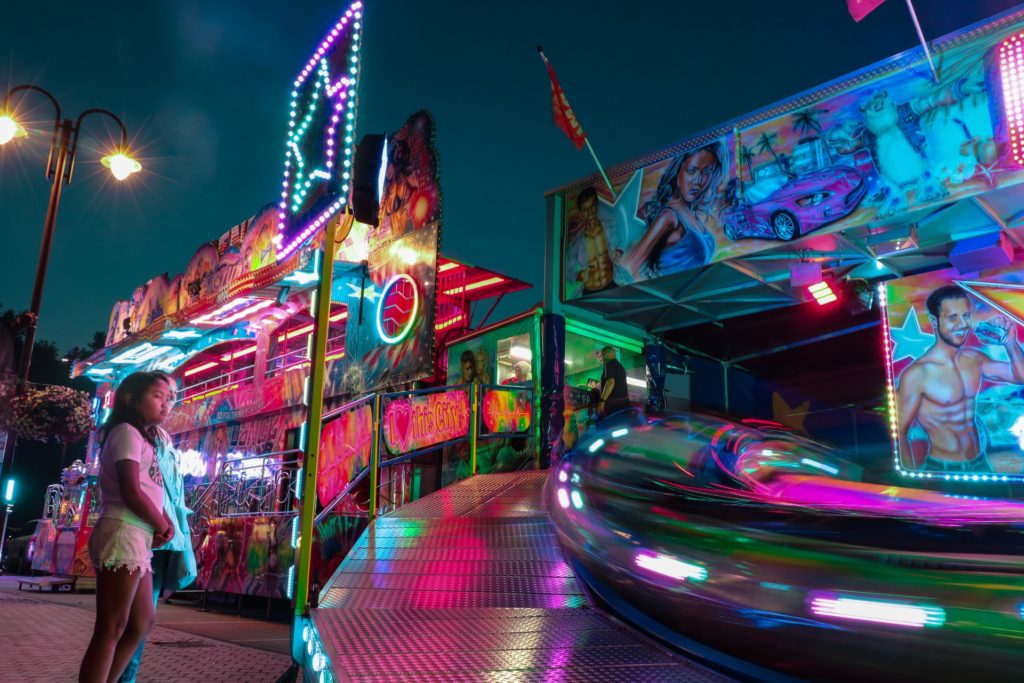The culture of fairs and fairgrounds has been recognised as Brussels' heritage, a distinction that gives access to a possible recognition in the intangible heritage of UNESCO, State Secretary for Heritage Pascal Smet (Vooruit) said on Monday.
Nearly 40 fairs are organised within the Brussels-Capital Region and its 19 municipalities, each with its own history. One of the most important of these is the Foire du Midi, which lasts for five weeks and in normal times welcomes nearly 1.5 million visitors.
“We felt it was important to have the commitment of the fairground workers recognised,” said Steve Severeyns, fairgoer and spokesman for the Association of the Defence of Belgian Fairgoers (DFB-VBF).
“Fairs are indispensable for activities, celebrations and folklore events. The locals bring these events to life and we ourselves create a unique atmosphere and culture. We are delighted to have them officially recognised by the Brussels Region.”
The inclusion of fairground culture in the inventory of intangible heritage in Brussels is supported by the DFB-VBF and is a first step towards wider recognition. In partnership with the French Minister of Culture and the Musée des arts forains de Bercy, the Brussels Region has submitted an official request for recognition to UNESCO.
“We all have memories of fairs, large and small. They deserve recognition and protection, both nationally and internationally,” said Brussels Secretary of State Pascal Smet.
“In this way, we also want to give the fairground family a message of solidarity and hope. You are essential to us and to Brussels' heritage.”
In Belgium, the fairground community has almost 2,000 members, with 330 operators in Wallonia, 75 in Brussels and 440 in Flanders.
The Brussels fairground operators travel all over Belgium. While some of them only visit the Brussels region, the majority participate in all the country's major fairs, such as those in Bruges, Leuven and Liège, in what they call the “Grand Tour.”
These ambassadors insist on calling themselves “Brussels natives,” and are therefore not exclusively Dutch or French speakers.

